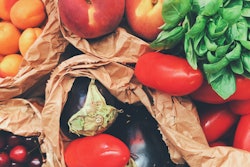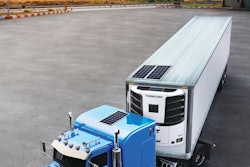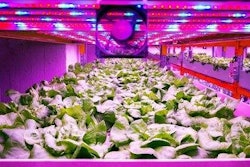
The Upcycled Food Association (UFA) surveyed its 65-plus members and associate members to learn more about the upcycled food industry.
“The journey of building an entirely new industry in food starts with having a solid understanding of the existing landscape,” says Caroline Cotto, board president of Upcycled Food Association. “This survey is needed to ground truth the actions of UFA and chart a course toward building the upcycled food industry in a data-driven way that truly aligns with the needs and wants of consumers, retailers and producers."
The survey provided several key insights:
- UFA Members are selling 400-plus upcycled food products in at least 9,000 grocery stores across at least 10 countries. Members are marketing snacks, beverage, salads, soups, prepared meals made from produce, dairy, grains and other ingredient sources.
“We envision a future with upcycled foods in every aisle and around the perimeter of every grocery store,” says Turner Wyatt, chief executive officer of Upcycled Food Association. “The purpose of the product certification program we are launching later this year is to increase access to upcycled foods, so people can choose to participate in the single best solution to climate change--reducing food waste--when they shop.”
- Upcycled food companies helped to prevent at least 8 million pounds of food waste in 2019. In turn, each member business helps prevent food waste for more than 3 other companies. Most members are creating nutritious products out of foods that would have otherwise been sent to landfill, as opposed to other end uses.
“This number a significant understatement,” says Wyatt. “With more upcycled food businesses starting all the time and more upcycled ingredients being included in a variety of products, it won't be long before the industry is preventing billions of pounds of food waste every year.”
- Most upcycled food companies are in the ‘startup’ phase, and there is significant room for investment. Upcycled food businesses are employing hundreds of full-time workers, indicating that the industry has both environmental and economic benefits.
“Future Market Insights is projecting a 5% compound annual growth rate for our industry, but that projection came before Upcycled Food Association was founded,” says Wyatt. “We believe that upcycled food will be the foremost sustainable food category in the coming years, and there’s evidence to suggest that it could even outperform organic because 95% of consumers want to reduce food waste. Upcycled food is one of those rare areas where investors can make more money by doing the right thing.”














